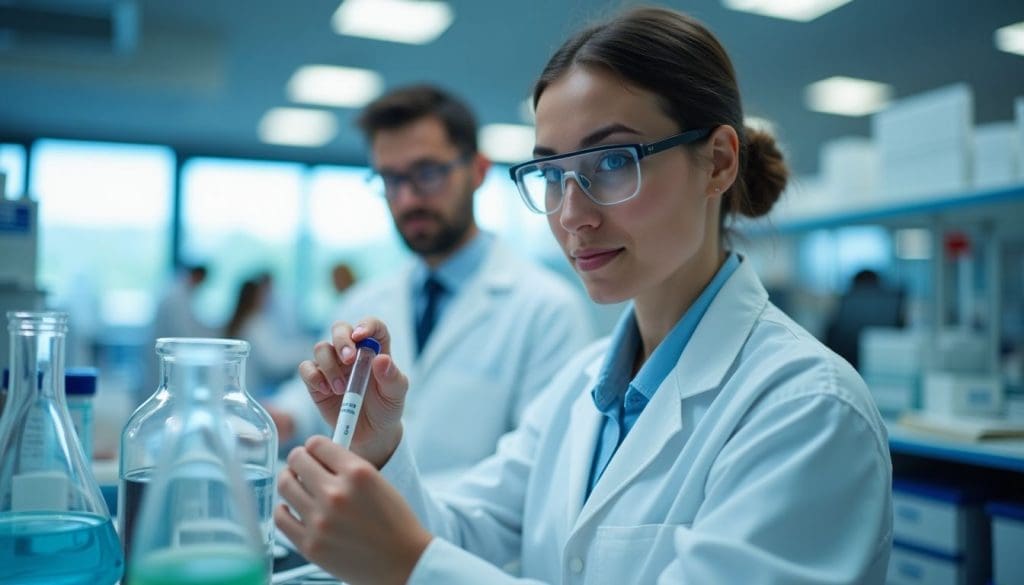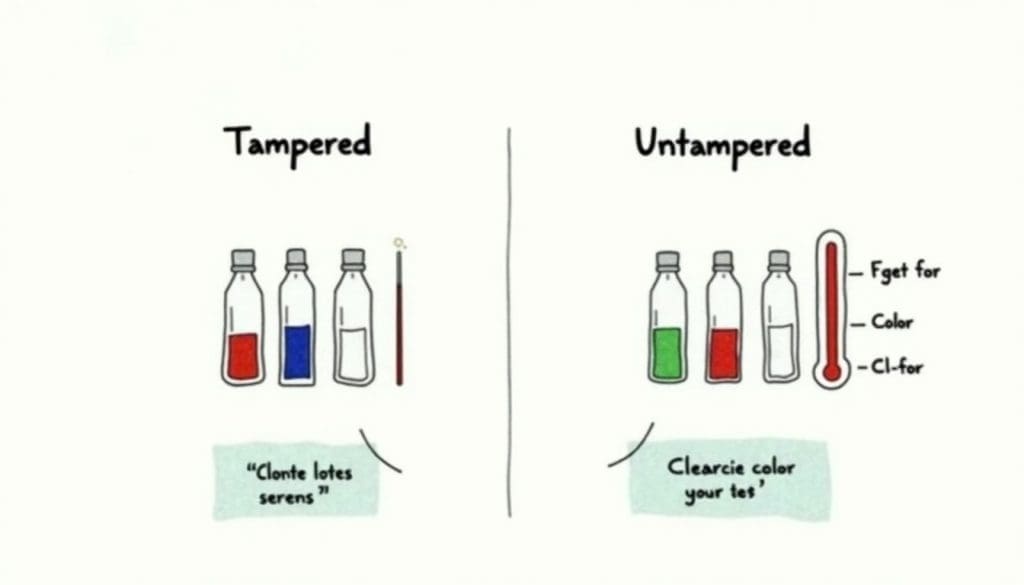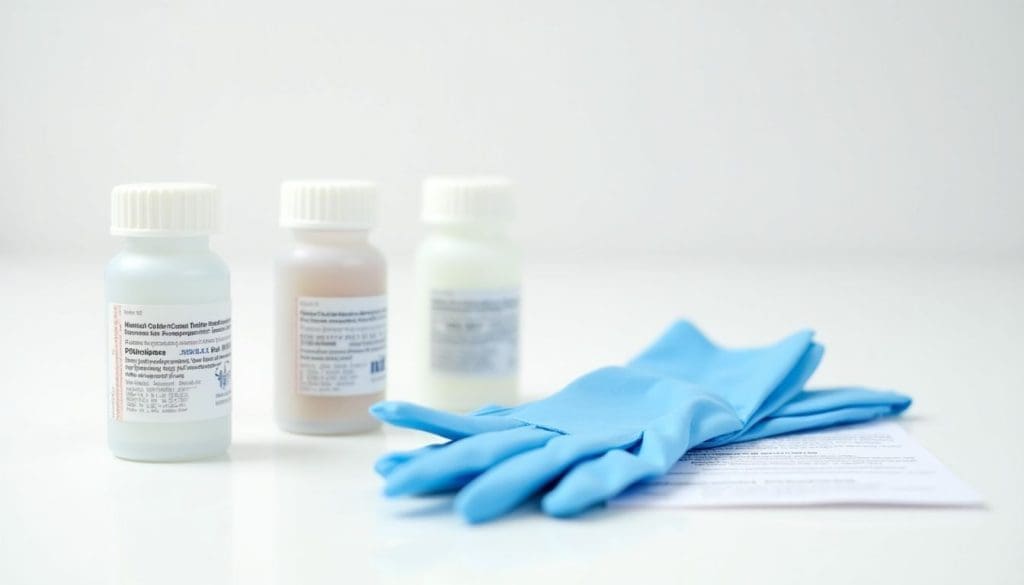Drug masking agents are substances some people use to interfere with drug tests. They aim to produce false-negative results by either altering the chemical makeup of a sample or diluting it enough to reduce drug concentration below detectable levels.
In Australia, drug testing is commonly conducted in workplaces, during roadside drug testing, or in sports settings. Due to strict testing standards and advanced technology used in labs, attempts to mask drug use are increasingly being detected.
Some common masking agents include:
While these substances may have been used in the past, drug testing methods in Australia are stringent, making these tactics largely ineffective.

Drug testing in Australia is carried out in a variety of contexts, including:
Australian drug tests typically involve urine, saliva, or blood samples. Laboratories are required to meet strict guidelines set by NATA (National Association of Testing Authorities), ensuring accuracy and reliability.
In Australia, people who try to cheat drug tests often use two main methods: adulteration and dilution.
Adulteration involves adding substances to the sample to mask the presence of drugs. Examples include bleach, vinegar, or commercial products purchased online. These substances aim to interfere with the chemical processes used to detect drugs.
Dilution reduces the concentration of drugs in the urine by either:
While these tactics might sound simple, Australian labs have advanced methods to detect such tampering.

Australian drug testing labs use cutting-edge technology to ensure the integrity of samples. Here are the key checks performed:
Fresh urine samples must have a temperature between 32–38°C (90–100°F). Samples outside this range may be flagged as tampered or substituted.
Creatinine is a natural compound found in urine. Low levels can indicate excessive water consumption or sample dilution.
This measures the density of the urine. Normal specific gravity ranges between 1.002 and 1.030. Values below this suggest tampering or dilution.
Urine normally has a pH between 4.5 and 8.0. Readings outside this range suggest the addition of acidic or basic substances, such as vinegar or bleach.
Substances like hydrogen peroxide, bleach, or nitrites are not naturally present in urine. Their detection points to adulteration.
High nitrite levels (above 7.5 mg/dL) can indicate tampering. While small amounts may occur naturally, elevated levels are considered suspicious.
Australian labs assess the color and clarity of the sample. Overly clear urine is often a sign of excessive hydration or dilution.
Most Australian labs use adulteration test strips to check for multiple tampering substances in one step. These strips are treated to detect a range of chemicals, from bleach to glutaraldehyde.
Despite the use of masking agents, Australian drug testing labs have advanced techniques to detect tampering. Here’s why masking agents are ineffective:
Using masking agents not only fails to guarantee a negative result but also carries significant risks:
Common myths include:

What happens if my sample is flagged as tampered?
Flagged samples are typically reported as “invalid,” and you may be required to provide a new sample under stricter conditions. In some cases, tampering can lead to penalties or legal action.
Can drinking a lot of water help me pass a drug test?
While drinking water may lower drug concentration temporarily, labs can detect diluted samples using specific gravity and creatinine tests.
Are commercial masking agents effective?
Most commercial masking agents are easily detected by Australian labs. They often result in a flagged sample and are not a reliable solution.
What checks are performed on urine samples?
Australian labs test for temperature, creatinine levels, specific gravity, pH levels, and the presence of adulterants such as bleach, nitrites, and oxidizing agents.
How do labs detect dilution?
Labs use specific gravity and creatinine tests to identify diluted samples. Abnormally low levels of these markers indicate tampering.
Drug masking agents are increasingly ineffective in Australia due to the country’s strict testing standards and advanced lab technology. Whether you’re being tested for work, at a roadside check, or in a sports setting, labs are well-equipped to identify tampered samples.
Attempting to cheat a drug test can lead to serious consequences, including flagged results, job loss, or legal action. If you’re facing a drug test, honesty and compliance are always the best options.
By understanding how drug tests work and the risks associated with masking agents, you can make informed decisions and avoid unnecessary complications.
Brisbane: Corner of Calam and Compton Rd, Sunnybank Hills QLD 4109
Melbourne: Ground Floor, 470 St Kilda Rd Melbourne Vic 3004
Sydney: 1 Barratt Street, Hurstville, NSW. 2220